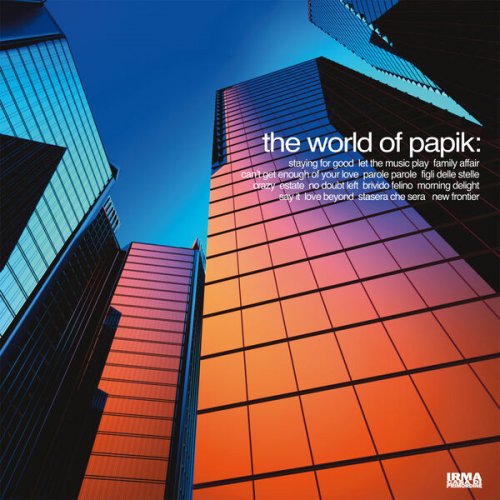Xenia Löffler, Sebastian Hess, Akademie für Alte Musik Berlin - Platti - Concerti Grossi after Corelli (2008)
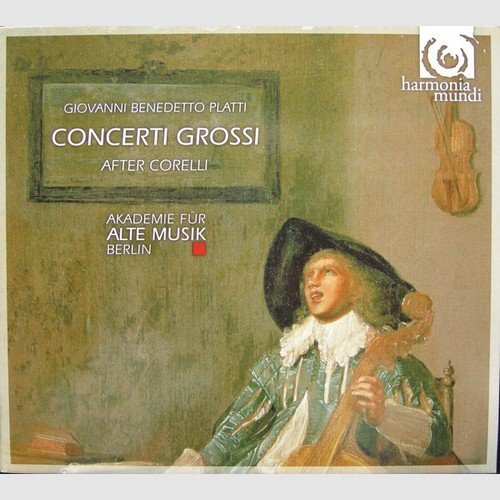
Artist: Xenia Löffler, Sebastian Hess, Akademie für Alte Musik Berlin
Title: Platti - Concerti Grossi after Corelli
Year Of Release: 2008
Label: Harmonia Mundi
Genre: Classical
Quality: FLAC (image+.cue,log,scans)
Total Time: 53:22
Total Size: 317 Mb
WebSite: Album Preview
Tracklist: Title: Platti - Concerti Grossi after Corelli
Year Of Release: 2008
Label: Harmonia Mundi
Genre: Classical
Quality: FLAC (image+.cue,log,scans)
Total Time: 53:22
Total Size: 317 Mb
WebSite: Album Preview
[01]-[05] Concerto grosso No. 10 in F major
[06]-[08] Concerto with Cello Obligato No. VIII in D Major
[09]-[13] Concerto grosso No. 4 in F major
[14]-[16] Concerto in g minor for Oboe, Strings and Continuo
[17]-[21] Concerto grosso No. 5 in G minor
Performers:
Xenia Löffler (oboe)
Sebastian Hess (cello)
Akademie für Alte Musik Berlin
In the first half of the eighteenth century, they sure couldn't get enough of Arcangelo Corelli. His six published opus numbers seemed not enough for the requirements of the generations following his death, and this led newer composers back to refresh themselves at Corelli's font again and again. Among them was Giovanni Benedetto Platti, multitalented virtuoso in the court of Würzburg, who adapted at least three of Corelli's Op. 5 violin sonatas into concerto grossi. These form the beginning, middle, and end of Harmonia Mundi's Giovanni Benedetto Platti: Concerto Grossi after Corelli, featuring the ever-phenomenal Akademie für Alte Musik, Berlin, filled out with original cello and oboe concerti of Platti. The scant extant historical record relating to Platti shows that he was an accomplished player on both instruments, and though they are not recorded here, fortepiano concerti by Platti also exist.
From the start, the Corelli F major adaptation impresses as pleasant if not especially extraordinary music, with the exception of the lovely Sarabanda at its center, but once Platti's own D major Cello Concerto kicks in, the interest meter goes off the scale. This is the Akademie at its mightiest and meatiest, digging into Platti's driving rhythms with a sense of forcefulness and gusto. Then, when we return to Platti's second reincarnation of Corelli, the Concerto grosso No. 4 in F, the interest drops back down again, and so forth through Platti's oboe concerto and the remaining Corelli-derived grosso. It isn't that Platti was a better composer than Corelli so much as he wasn't as strong an arranger as he was a composer of original music. However, there are already a lot of Platti CDs out there and no doubt it was an assist from Corelli's name sought in the planning of this project in order to set it apart from the pack. The real star of the show, however, is the band, and the Akademie für Alte Musik, Berlin, plays this music with the same excitement and sense of dedication as it has in music of the Bach family, Handel, whatever. That alone is a good selling point, despite the obscurity of the repertoire; the silk purse being made here is less out of a sow's ear than one might deduce from first glance.
From the start, the Corelli F major adaptation impresses as pleasant if not especially extraordinary music, with the exception of the lovely Sarabanda at its center, but once Platti's own D major Cello Concerto kicks in, the interest meter goes off the scale. This is the Akademie at its mightiest and meatiest, digging into Platti's driving rhythms with a sense of forcefulness and gusto. Then, when we return to Platti's second reincarnation of Corelli, the Concerto grosso No. 4 in F, the interest drops back down again, and so forth through Platti's oboe concerto and the remaining Corelli-derived grosso. It isn't that Platti was a better composer than Corelli so much as he wasn't as strong an arranger as he was a composer of original music. However, there are already a lot of Platti CDs out there and no doubt it was an assist from Corelli's name sought in the planning of this project in order to set it apart from the pack. The real star of the show, however, is the band, and the Akademie für Alte Musik, Berlin, plays this music with the same excitement and sense of dedication as it has in music of the Bach family, Handel, whatever. That alone is a good selling point, despite the obscurity of the repertoire; the silk purse being made here is less out of a sow's ear than one might deduce from first glance.
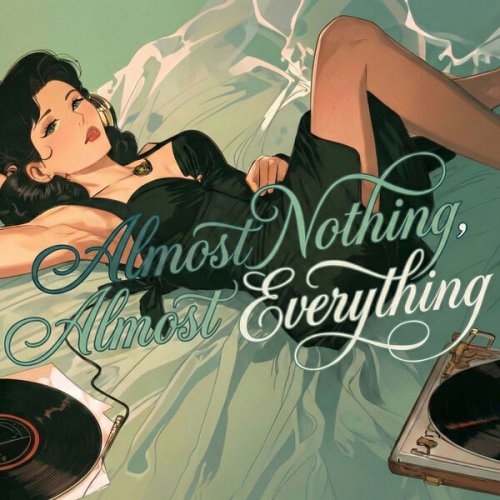
![Lucía - Lucía (Deluxe Edition) (2026) [Hi-Res] Lucía - Lucía (Deluxe Edition) (2026) [Hi-Res]](https://www.dibpic.com/uploads/posts/2026-01/1769757611_uw0gcpukit8cl_600.jpg)
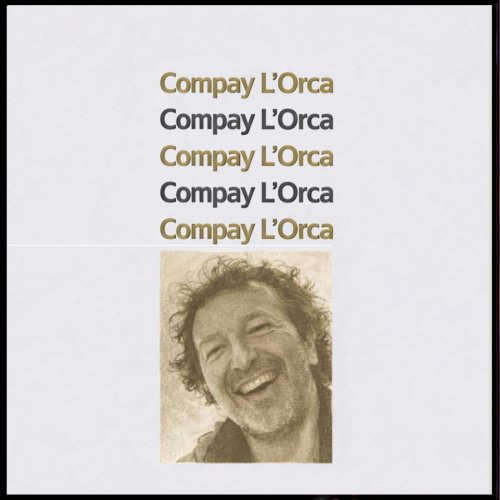
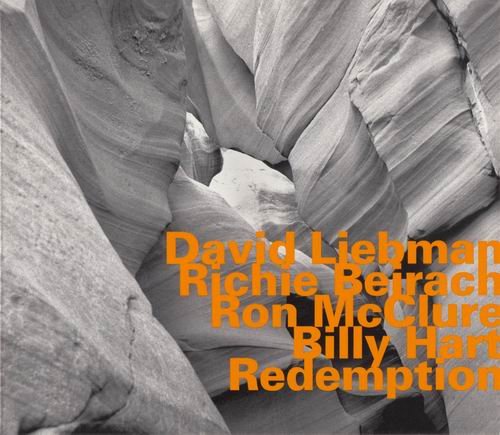

![Jesper Thörn - Stille (2026) [Hi-Res] Jesper Thörn - Stille (2026) [Hi-Res]](https://www.dibpic.com/uploads/posts/2026-01/1769692710_p5yy87fosszfb_600.jpg)
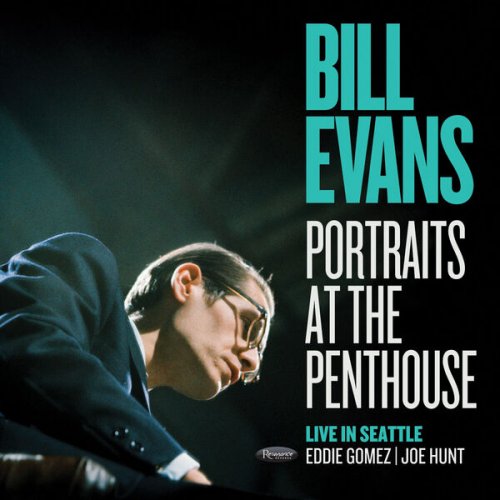
![Mari Boine - Goaskinviellja - Eagle Brother (Remastered 2025) (2026) [Hi-Res] Mari Boine - Goaskinviellja - Eagle Brother (Remastered 2025) (2026) [Hi-Res]](https://img.israbox.com/img/2026-01/31/so1zgdk2eva394qd3qtlyxfd2.jpg)
